Accompanying On The Piano: What To NOT Do
So how should I play in the background while someone is singing or playing?
Good morning. This is Duane. Today, I’d like to talk a little bit about accompanying on the piano, playing for other people, playing the piano while other people are singing or playing their trombone or sax, or whatever.
There’s a big difference between solo piano and accompanying piano. A lot of people don’t understand that difference. It’s crucial that you do if you accompany other people, because if you try to play the melody along with the singers : let’s say you’re playing for a singer : if you try to play the melody along with the singer that’s singing it, the chances of you striking that note and he or she striking that note at the same time is very unlikely. Like, if you play : because you don’t know what the singer’s going to do. If they’re a good singer, then they’re very expressive, and they take liberties with the time, and speed up and slow down, and so on. You don’t want to play the melody.
If I was accompanying “Moon River,” I wouldn’t play the melody at all. I’d play something : It would sound more like this. You get the idea. You can’t hear the tune, but the chords are going on behind that. That’s actually good for the pianist, because it frees up your right hand. You don’t have to plunk the melody out. You can do other things.
If I was accompanying : oh, let’s see : Let me take a familiar song, like “The Battle Hymn of the Republic.” I wouldn’t play : I would play : You see, you get the idea. I went from the verse, which is very calm, into the chorus, which builds up.
I’ve played for gospel quartets over the years off and on, in college and then more recently at our church. I was in kind of a country gospel group. The accompaniment was kind of like this : while the melody went on. Of course, there was four guys singing. I couldn’t duplicate any of their parts, but I could create that rhythmical feeling. If I had to play the melody, I wouldn’t be free to do that, would I? You’re really at an advantage that way.
I’ve also played in jazz groups over the years, a lot of jazz groups. When you accompany in a jazz group, it’s called comping. Comping is just short for accompany, but they don’t use the word accompany. They use the word comp. It sounds more like this : or it might sound like this. See, no melody, but the accompanying is going on. That sort of thing.
That’s just a little hint of, actually, how not to accompany. Don’t play the melody, that’s my main point. Don’t play the melody, but play an accompaniment part that complements the melody. By not having to play the melody, you’re free to create some sounds and rhythms that you wouldn’t be otherwise.
That’s it for today. If you enjoy these free piano tips, come on over to playpiano.com and sign up for our free piano tips. I’ll hope to see you there. Bye bye for now.
Here is the video on YouTube: https://www.youtube.com/watch?v=oHhpm5XDWMI&feature=youtu.be
***************************************************************************************


